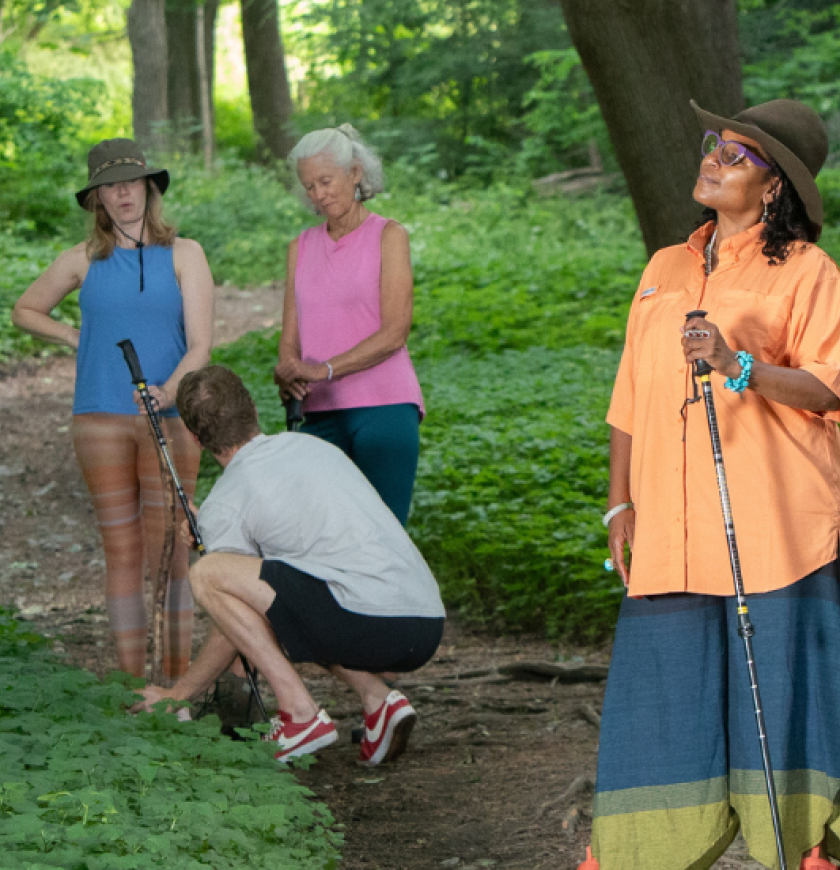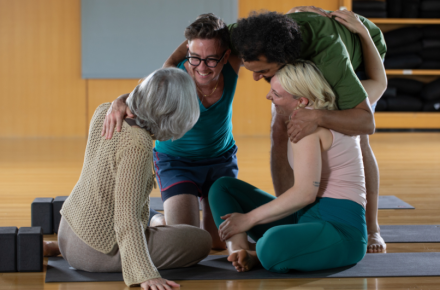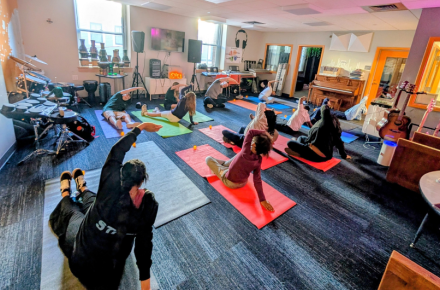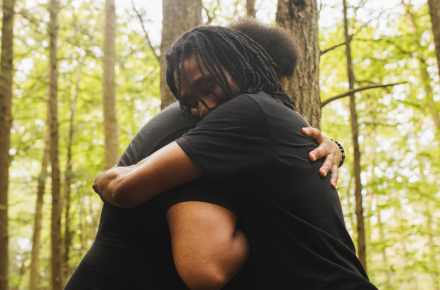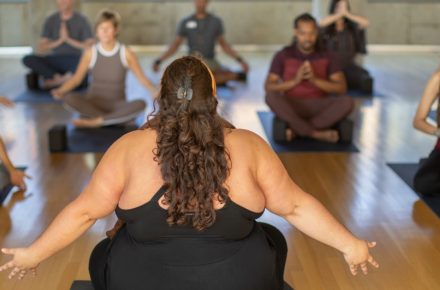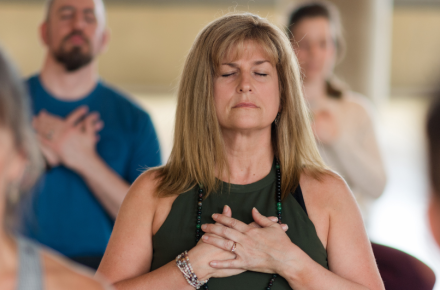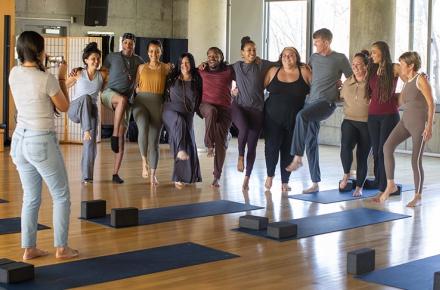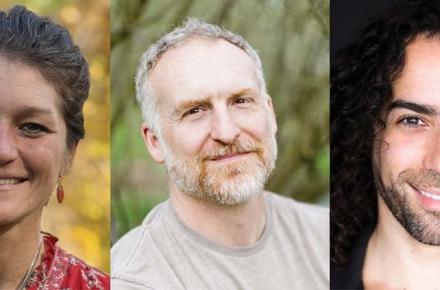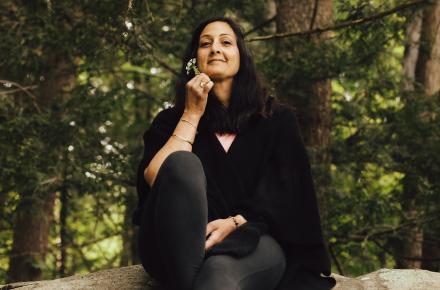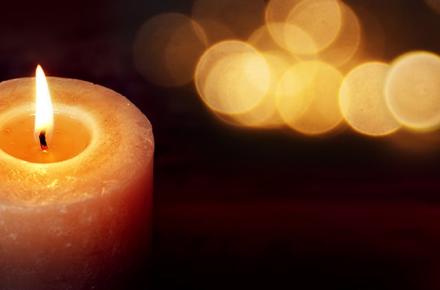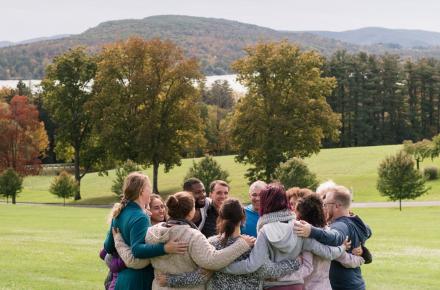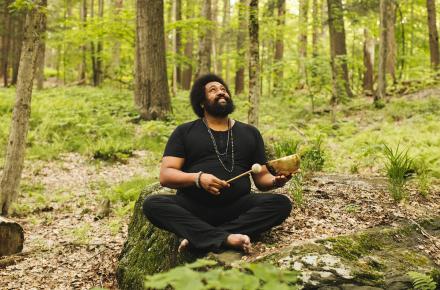How to Heal from the Loss of a Pet

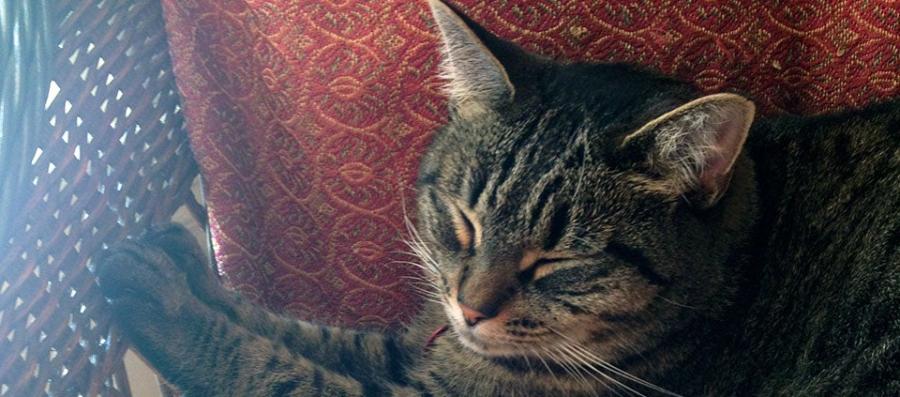
Last fall, I was awakened one night by the insistent paw of my cat, Sweet Pea, who wanted to go out. This was nothing new, as she thrived on her nocturnal adventures. I followed her to the door, where she hesitated, as she sometimes did when the cold air hit her nose.
“You want to go out? Go!” I said, impatiently nudging her so I could close the door and go back to bed.
I wish I could have known that it was the last time I would see her alive.
When Sweet Pea didn’t appear for breakfast and our morning cuddle, I set out to post notices and photos online and around the neighborhood. After a sleepless and agonizing week, and several false leads involving look-alike cats, I discovered that my beloved little fur baby had been killed by another animal.
My anguish and anger would last for months, during a spell of grieving the likes of which I’ve never known. I took my cat’s death personally, and I took it hard. What I’ve since learned is that these are not uncommon responses. So many people who hear my story shake their heads in sympathy, recalling their own deep pain over a lost pet. Several have told me that, years later, they are still not over it.
“The loss of an animal companion is incredibly painful,” says Kripalu faculty member and life coach Aruni Nan Futuronsky. “They live so deeply inside our hearts. Free from the complications of human relationships, the unconditional love and companionship they offer us is magically bonding, and losing those connections is truly heartbreaking.”
Our animal companions mark our daily routines, Aruni notes, and our care for them is intimately woven into the fabric of our lives. We conveniently forget that we will most likely outlive them as we develop deep bonds with these affectionate, innocent creatures who ask so little and forgive us everything.
While we don’t typically get bereavement days for the death of a pet, and not everyone will understand our need to mourn, Aruni says we can heal by being true to our feelings and finding safe places to share them. “After my dog Lucy passed, I asked people to send me their remembrances of her, and I received pictures and memories,” says Aruni. “My reaching out to others was supportive.”
I held a backyard memorial service for Sweet Pea, with neighbors who loved her. We sipped cider as we shared stories of her antics, and sprinkled catnip on her grave to say goodbye and thanks. I also received touching condolence cards from friends and clients, and a surprise bouquet of flowers from the elderly couple next door who wrote that they, too, were “heartbroken over the loss of such a delightful soul.”
The traumatic death of my cat came on the heels of my divorce and several other family losses over the past few years. This compounded and complicated my grief, as I learned from helpful and validating books and blogs on the particular pain of losing a pet. Becky Schoenberg, a Boston-area veterinarian who focuses on end-of-life care for pets, says people who’ve lost animal companions need permission to grieve, a community of people who understand, good self-care, and memorial objects or ceremonies that honor the special relationship.
“Over and over, I hear people say, ‘This sounds silly, but I've never cried this much over a human loss,’” says Becky. “I think their grief is sometimes accompanied by a sense of guilt or culpability, even when the animal’s suffering is completely out of their control. There’s something about the responsibility we feel for pets, and the ways in which we’re their source of everything, that makes it so hard to face their loss.”
Allowing ourselves to retreat from the intensity of these feelings, with healthy distractions such as good movies, friends, and recreation, is another important strategy for healing, Aruni says. And it’s helpful to remind ourselves that the pain will lessen in time.
Still, there might be moments—passing a pet store, seeing a photo, or discovering a chew toy under a chair—that trigger tears. It’s just part of the unpredictable nature of grief, and reflective of the love that was shared. A few weeks ago, I watched the movie I’ll See You in My Dreams, and was deeply moved by Sam Elliot’s compassionate words to Blythe Danner’s character, who had just euthanized her dog. “It’s hard to lose somebody, no matter how many legs they have,” he said. “It just leaves a big hole.”
Indeed, these small creatures leave enormous holes when they’re gone, and indelible paw prints on our hearts. Our role, once their time with us is over, is to honor those relationships in ways that best serve and heal us.
Kim Childs is a Boston-based life and career coach who specializes in Positive Psychology, creativity, and spiritual living. She is also a Kripalu Yoga teacher and facilitator of workshops based on The Artist's Way: A Spiritual Path to Higher Creativity, by Julia Cameron.
© Kripalu Center for Yoga & Health. All rights reserved. To request permission to reprint, please e-mail editor@kripalu.org.

